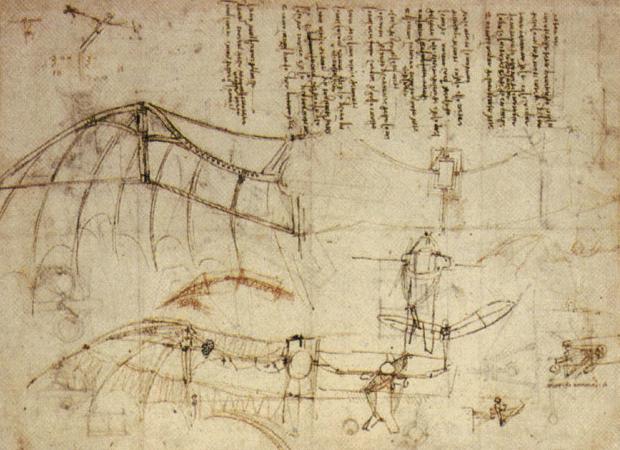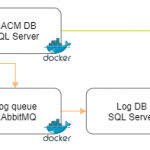
About
SciServer is a revolutionary new approach to doing science by bringing the analysis to the data. SciServer consists of data hosting services coupled with integrated Tools that work together to create a full-featured system.
The SciServer system is described in detail in a paper in the journal Astronomy and Computing: SciServer: a Science Platform for Astronomy and Beyond (Taghizadeh-Popp et al. 2020).
(Taghizadeh-Popp et al. 2020).
About SciServer
SciServer is a fully integrated cyberinfrastructure system encompassing related tools and services to enable researchers to cope with scientific big data. SciServer enables a new approach that will allow researchers to work with Terabytes or Petabytes of scientific data, without needing to download any large datasets.
This SciServer approach offers tremendous advantages to scientists:
-
By offering Big Data search and analysis capabilities online…
SciServer will make it easy to compare datasets and discover new and surprising connections between them.
-
By offering worldwide access to large simulation datasets…
along with innovative new processing techniques, SciServer will open up computational science resources to scientists everywhere.
-
By providing a cloud-based scientific data storage system…
that automatically interoperates between flat files and databases through a drag-and-drop interface, SciServer allows scientists to synthesize disparate datasets and take full advantage of their contents.
-
By adapting existing, working tools…
SciServer builds on success, extending a system that has been functional and user-driven since its inception.
-
By developing new Citizen Science Projects…
SciServer adds extensibility to worldwide distributed data, such as our Soil Ecology project which uses SciServer to gather worldwide distributed data across a range of climatic conditions.
-
By adding an extensive set of collaborative features…
SciServer allows researchers to correlate their data sets with hosted data sets provided by external data providers.
Operated By
Supported By

SciServer addresses some of the most important challenges of modern science with a variety of innovative tools and approaches.
Many modern research programs require detailed numerical simulations. These simulations are often so complex and time-consuming that they can only be done on the largest supercomputers; but with only a few supercomputers to go around, many researchers cannot run the software they desperately need for their science. Even when supercomputer time is available, researchers still need to efficiently search and analyze the results of their simulations to maximize knowledge gained.
SciServer solves these problems by offering the ability to run analysis codes directly on our servers, keeping the computation close to the underlying data. This approach will democratize access to supercomputing resources, and will enable an incredible variety of new science.
SciServer will open up access to all these big data resources to researchers worldwide. But big data is not the only kind of data in science; the most important discoveries often take place in the “long tail” of small datasets collected by thousands of researchers around the world. Furthermore, datasets large and small are used every day in K-12 and college classes by the next generation of scientists and science-literate citizens. These “long tail” datasets come in very different file formats, and educational users have very different needs from practicing researchers.
SciServer will allow both types of users to access the same tools as researchers who work with Big Data. The result will be a robust, scalable system used by researchers and the public alike. SciServer tools will be a regular part of the toolbox for 21st century professional and citizen scientists, and will be at the forefront of an amazing new era of scientific discovery.
References
Taghizadeh-Popp, M., Kim, J. W., Lemson, G., Medvedev, D., Raddick, M. J., Szalay, A. S., Thakar, A. R., Booker, J., Chhetri, C., Dobos, L., & Rippin, M. 2020. . Astronomy and Computing, 33(100412), 1-15. doi:10.1016/j.ascom.2020.100412, arXiv:2001.08619.







